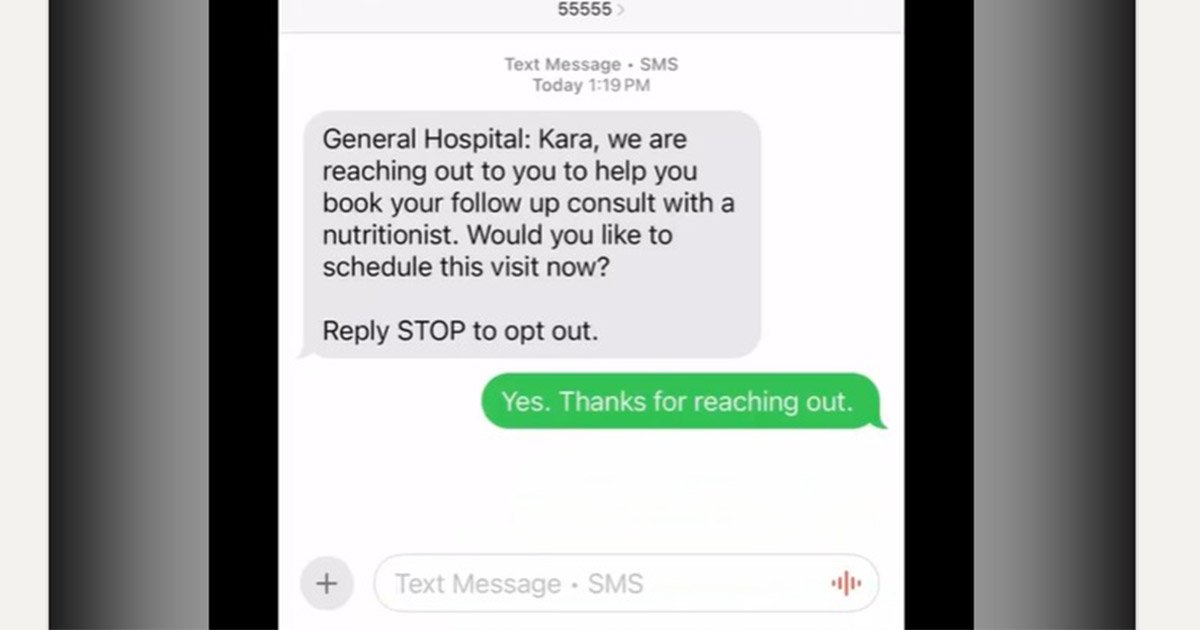This article was updated on May 7, 2025, with additional insights from Epic’s software development team.
Overview of the New AI Tool
Epic has unveiled a new conversational AI tool designed to facilitate appointment scheduling via SMS for health systems. This innovative feature allows patients to book follow-up appointments through text messages.
How It Works
The AI agent can initiate a conversation with patients in approximately 20 seconds. Here’s how the process unfolds:
- The AI sends a text to the patient, asking if they would like to schedule a follow-up appointment.
- If the patient responds affirmatively, the AI provides available appointment options.
- Upon selection, the AI sends a confirmation message along with a link to MyChart for further details.
For instance, a message might read: “Kara, we are reaching out to help you book your follow-up consult with a nutritionist. Would you like to schedule this visit now? Reply STOP to opt out.”
Current Implementation
Some patients may soon start receiving these texts, as Epic reports that several early-adopter providers are already utilizing the tool. Currently, four healthcare organizations are live with the Conversational SMS Scheduling feature.
Future Enhancements
According to Borno Akhter, a software developer at Epic, the ability to rebook canceled appointments is planned for a future update. Epic representatives at HIMSS25 highlighted their ongoing efforts to integrate AI agents across clinical applications to enhance efficiency and reduce friction in health system interactions.
Expected Benefits
Seth Howard, executive vice president for R&D at Epic, stated that AI agents are expected to assist with:
- Pre-visit preparation by discussing patient needs.
- Identifying missing tasks, such as lab work.
- Scheduling and completing necessary tasks.
- Creating easy-to-read summaries for patients.
Additionally, Epic is developing AI modalities for multimodal follow-up, including a post-surgical patient assistant agent.
Conclusion
Garrett Adams, Epic’s vice president of research and development, emphasized that these AI tools can autonomously perform tasks such as summarizing information, interacting with patients, and scheduling follow-ups, ultimately improving the patient experience and streamlining clinical workflows.
Andrea Fox is the senior editor of Healthcare IT News.
Email: afox@himss.org
Healthcare IT News is a HIMSS Media publication.
